"Why we need to close the empathy gap," argues Beverly Daniel Tatum
The problems of systemic racism can't be resolved, says Beverly Daniel Tatum, acclaimed clinical psychologist and race relations expert, until white people experience genuine empathy so we can build a more inclusive community
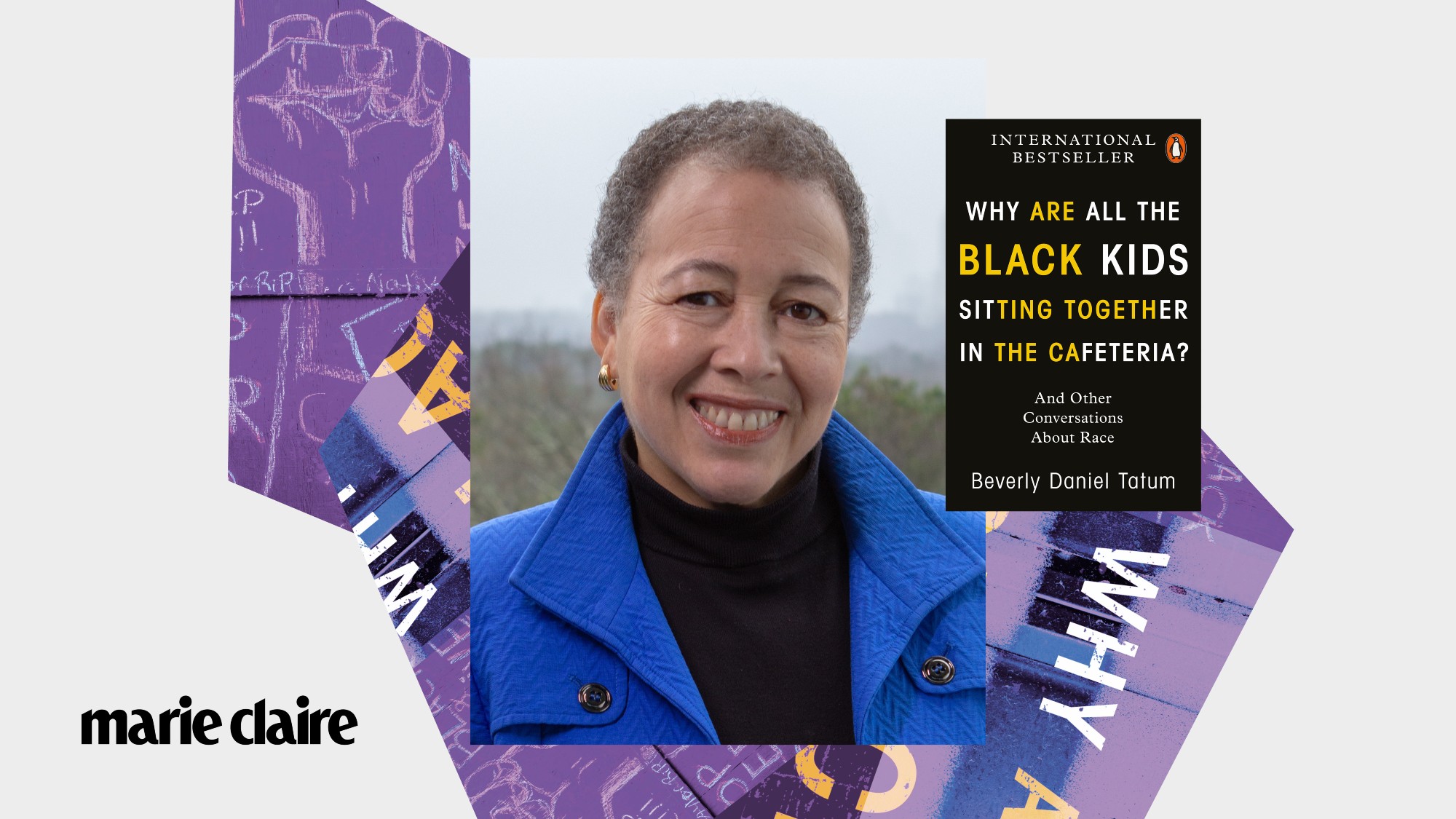

The problems of systemic racism can't be resolved, says Beverly Daniel Tatum, acclaimed clinical psychologist and race relations expert, until white people experience genuine empathy so we can build a more inclusive community
Martin Luther King, Jr. warned in his last book, Where Do We Go From Here: Chaos or Community?, that “a vigorous enforcement of civil rights will bring an end to segregated public facilities, but it cannot bring an end to fears, prejudice, pride and irrationality, which are the barriers to a truly integrated society.” He concluded that the problem of systemic racism will not be solved until white people experience genuine empathy for those who are the targets of that racism – until we close what I call the empathy gap.
Empathy is the ability to understand and share the feelings of another person. Empathy matters because it motivates action. Awareness of a problem by itself does not necessarily lead to action. While some people act against injustice out of strong moral conviction, most people take action because they - or someone they care about - is being impacted by the injustice. To mobilize more champions of social justice, the circle of care has to expand to include those who have been historically defined as “other.”
Will cross-racial empathy for Floyd foster real change?
It is one’s sense of shared humanity that leads to empathy, yet when the other person has been dehumanized by societal stereotypes, empathy is unlikely. Take, for instance, the long history of stereotyping Black men as criminals contributing to the empathy gap, because “criminals” do not deserve empathy, they deserve punishment. Nor, it seems, do they deserve due process, as demonstrated by the repeated failure of the US justice system to hold police officers accountable for the deaths of unarmed Black people. Yet the viral video of George Floyd being callously suffocated by Derek Chauvin as he called out for his mother with his dying breath, moved so many to action because Floyd’s humanity in that moment was so undeniable and empathy with his suffering so unavoidable.
Many sighed in relief at the guilty verdicts handed down in the Chauvin trial that followed Floyd's murder, but unfortunately that trial outcome stands out as a rare one in US courts. Can the cross-racial empathy that the murder of Floyd evoked be sustained long enough to foster meaningful change? On that question, the jury is still out. How might such empathy be fostered and sustained in the face of persistent school and neighbourhood segregation, leaving few opportunities for meaningful cross-racial interaction?
How to close the empathy gap
There are three things we should do to close the empathy gap.
1) We must continue to expose the past and present manifestations of institutional racism. We cannot hide from the way that our collective history, as represented by the racially discriminatory policies and practices of the past, continues to shape the present.
Marie Claire Newsletter
Celebrity news, beauty, fashion advice, and fascinating features, delivered straight to your inbox!
2) We must create opportunities to tell our own stories Sharing our experiences in environments where there is a commitment to listen, is a prerequisite for the development of empathy that will lead to constructive action.
3) Then, we must take action together Whites and people of colour must be committed to social change.
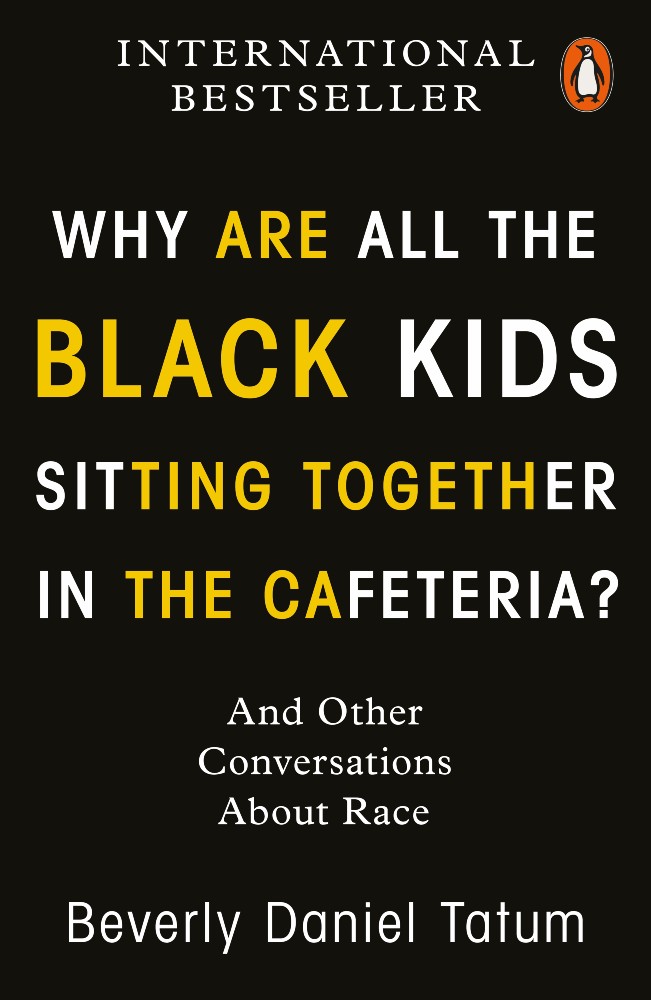
Cross-racial dialogue focused on these three elements has proven to be a uniquely powerful tool to foster empathy that leads to action. Participants deepen their understanding of the problem of racism in their community and develop or reinforce the caring personal relationships that fuel the motivation required to take sustained action.
Chaos or community? Our only healthy choice is to build a larger circle of care, a more inclusive sense of community.
The work of racial dialogue is hard. There is always the risk that offensive statements will be made - by you or toward you. Powerful emotions can be triggered. Discomfort is guaranteed. Silencing the conversation, however, is just another way to maintain the status quo. You can’t solve a problem without talking about it. Learning how to have this dialogue is a necessary part of moving forward as a healthy society. It is of particular importance that white people who want to see social change learn how to have these conversations, not just with people of colour, but with their white peers as well.
The global response to the murder of George Floyd suggests that we are at an important historical moment that transcends national boundaries. The problem of racism and socially-constructed racial hierarchies is a virus with global impact. Either we can allow polarizing forces to drive us further apart or we can use our leadership as active members of our communities to stop the spread and engage one another in the work of dismantling racism by building alliances across lines of difference.
As Martin Luther King, Jr said, racial understanding is not something that we find but something that we must create.
Are we creating it? We could be. If we don’t want chaos, we must choose community, we must choose to listen, even to the stories that are hard to hear, and close the empathy gap, working for lasting change for the benefit of all.
* Beverly Daniel Tatum's Why Are All the Black Kids Sitting Together in the Cafeteria?: And Other Conversations About Race (Penguin) is available now
Maria Coole is a contributing editor on Marie Claire.
Hello Marie Claire readers – you have reached your daily destination. I really hope you’re enjoying our reads and I'm very interested to know what you shared, liked and didn’t like (gah, it happens) by emailing me at: maria.coole@freelance.ti-media.com
But if you fancy finding out who you’re venting to then let me tell you I’m the one on the team that remembers the Spice Girls the first time round. I confidently predicted they’d be a one-hit wonder in the pages of Bliss magazine where I was deputy editor through the second half of the 90s. Having soundly killed any career ambitions in music journalism I’ve managed to keep myself in glow-boosting moisturisers and theatre tickets with a centuries-spanning career in journalism.
Yes, predating t’internet, when 'I’ll fax you' was grunted down a phone with a cord attached to it; when Glastonbury was still accessible by casually going under or over a flimsy fence; when gatecrashing a Foo Fighters aftershow party was easy-peasy-lemon-squeezy and tapping Dave Grohl on the shoulder was... oh sorry I like to ramble.
Originally born and bred in that there Welsh seaside town kindly given a new lease of life by Gavin & Stacey, I started out as a junior writer for the Girl Guides and eventually earned enough Brownie points to move on and have a blast as deputy editor of Bliss, New Woman and editor of People newspaper magazine. I was on the launch team of Look in 2007 - where I stuck around as deputy editor and acting editor for almost ten years - shaping a magazine and website at the forefront of body positivity, mental wellbeing and empowering features. More recently, I’ve been Closer executive editor, assistant editor at the Financial Times’s How To Spend It (yes thanks, no probs with that life skill) and now I’m making my inner fangirl’s dream come true by working on this agenda-setting brand, the one that inspired me to become a journalist when Marie Claire launched back in 1988.
I’m a theatre addict, lover of Marvel franchises, most hard cheeses, all types of trees, half-price Itsu, cats, Dr Who, cherry tomatoes, Curly-Wurly, cats, blueberries, cats, boiled eggs, cats, maxi dresses, cats, Adidas shelltops, cats and their kittens. I’ve never knowingly operated any household white goods and once served Ripples as a main course. And finally, always remember what the late great Nora Ephron said, ‘Everything is copy.’
-
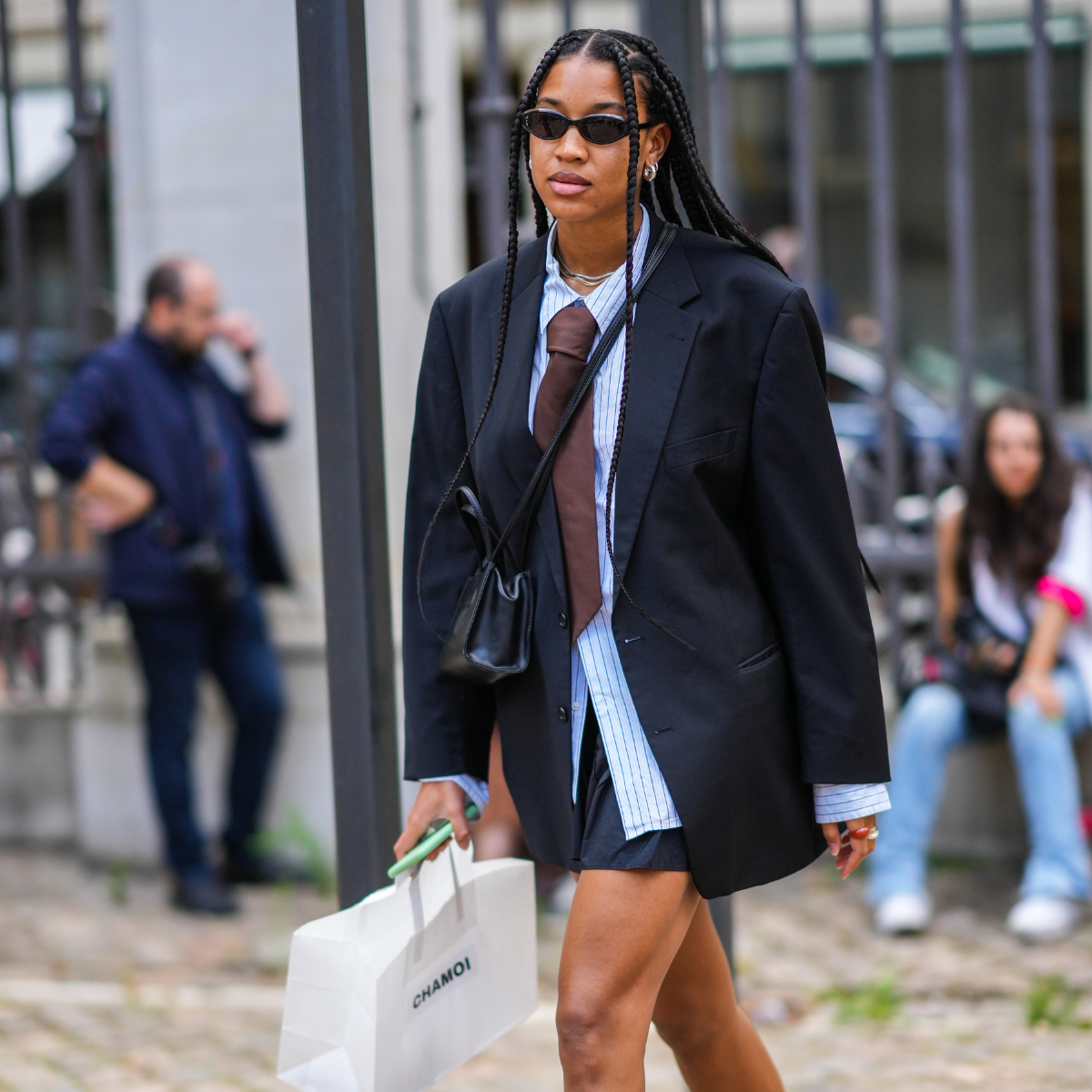 Ties are the unexpected cool-girl accessory to invest in this season
Ties are the unexpected cool-girl accessory to invest in this seasonSchool is in session
By Sofia Piza
-
 This is not a drill: you can now shop Alexa Chung's actual wardrobe on Vinted
This is not a drill: you can now shop Alexa Chung's actual wardrobe on VintedOwn a piece of sartorial history
By Penny Goldstone
-
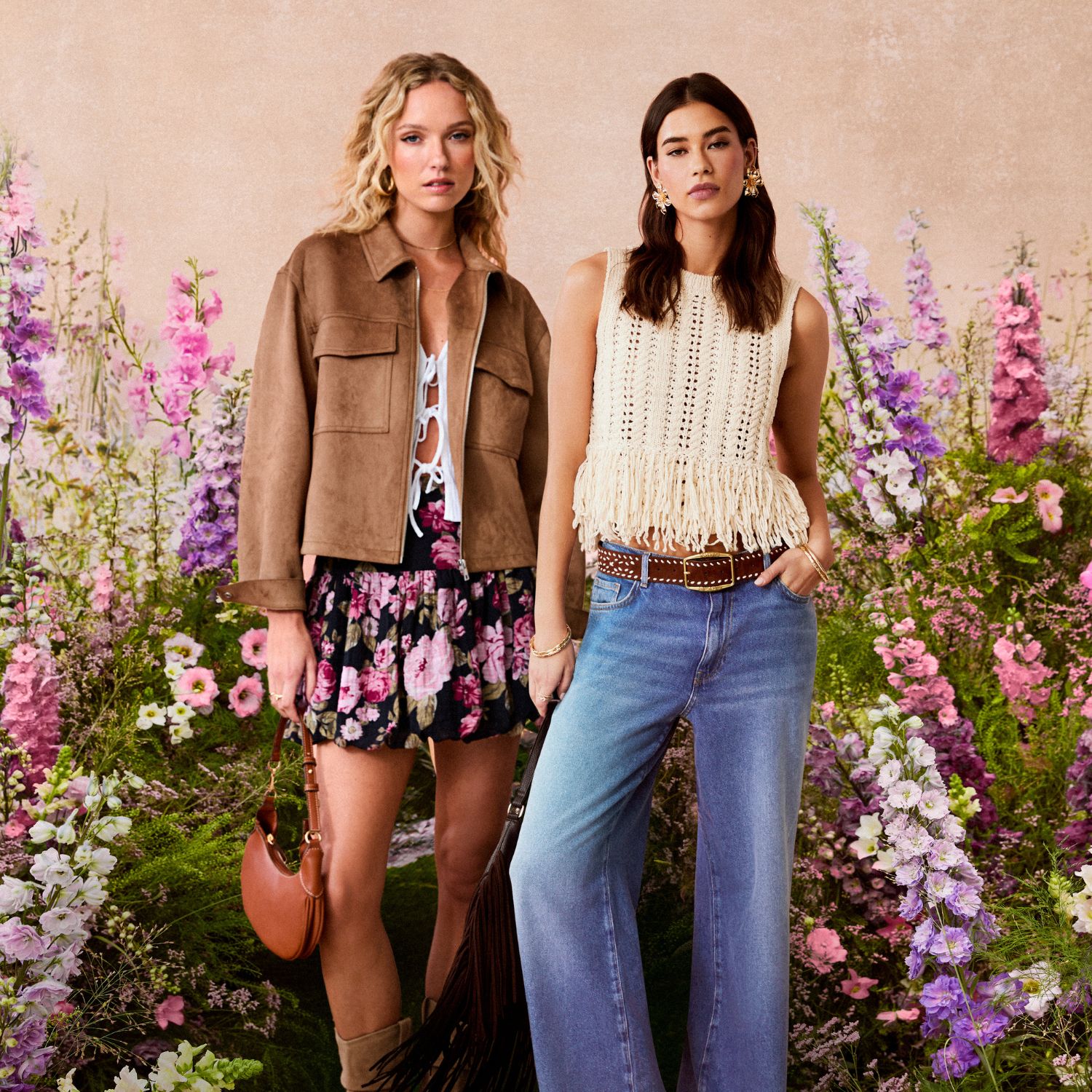 New Look’s spring collection has dropped—as a picky fashion editor, I’m seriously impressed
New Look’s spring collection has dropped—as a picky fashion editor, I’m seriously impressedSpring trends at affordable prices
By Jazzria Harris
-
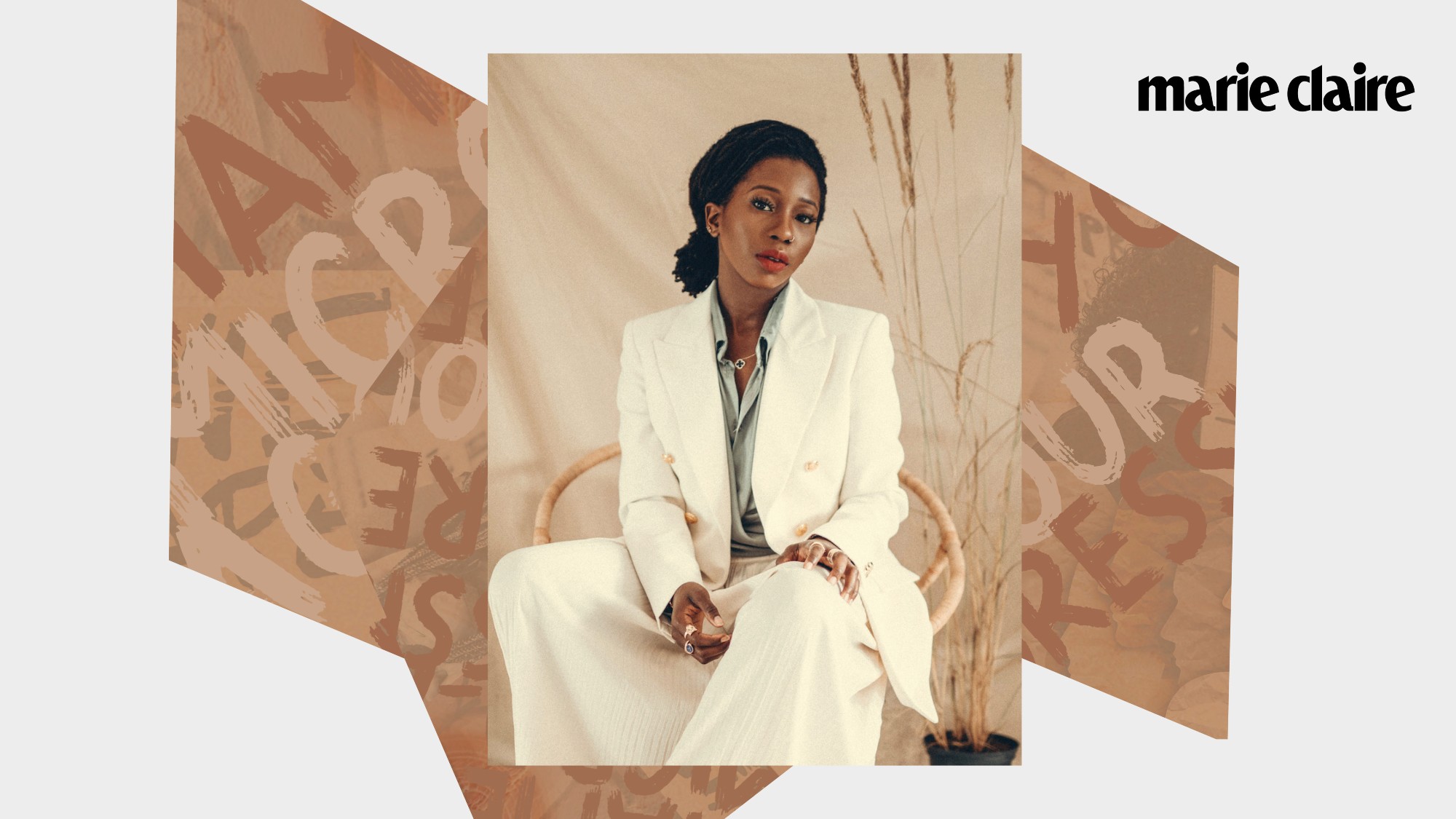 Racial micro aggressions some people don’t even realise are offensive
Racial micro aggressions some people don’t even realise are offensiveSharing her experience of this endemic symptom of racism, Dr Adanna Steinacker explains how we can all spot them and, more importantly, stop them forever
By Dr Adanna Steinacker
-
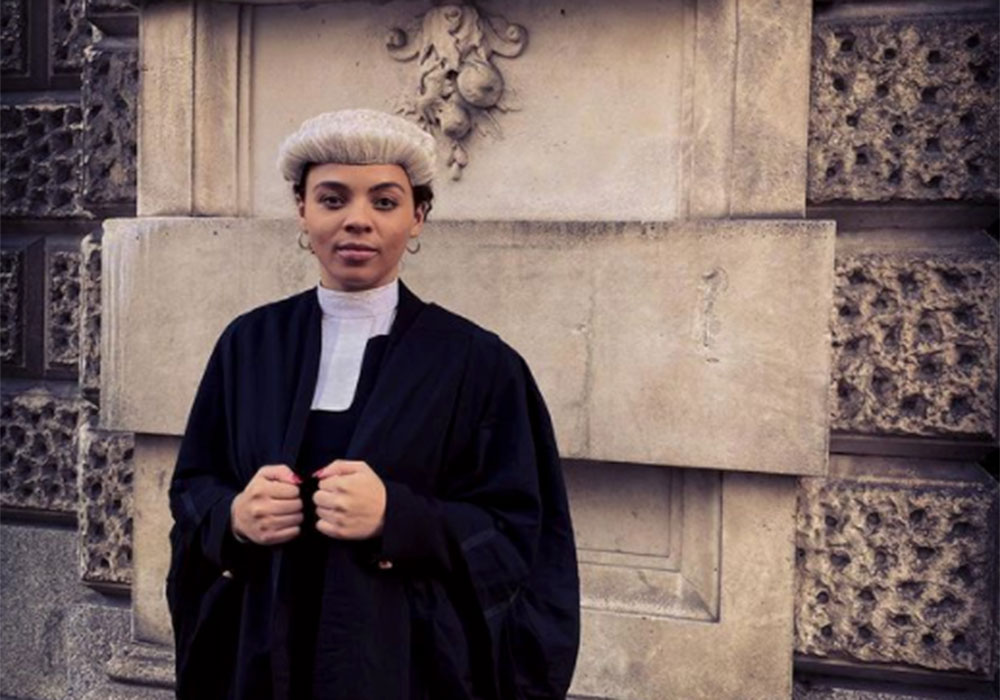 "I'm a Black barrister working in a broken justice system"
"I'm a Black barrister working in a broken justice system"Alexandra Wilson is a 26-year-old barrister speaking out about sexism, racism and class inequality at the very heart of the legal system. She shares her disturbing experiences, and why activism will make a difference.
By Alexandra Wilson
-
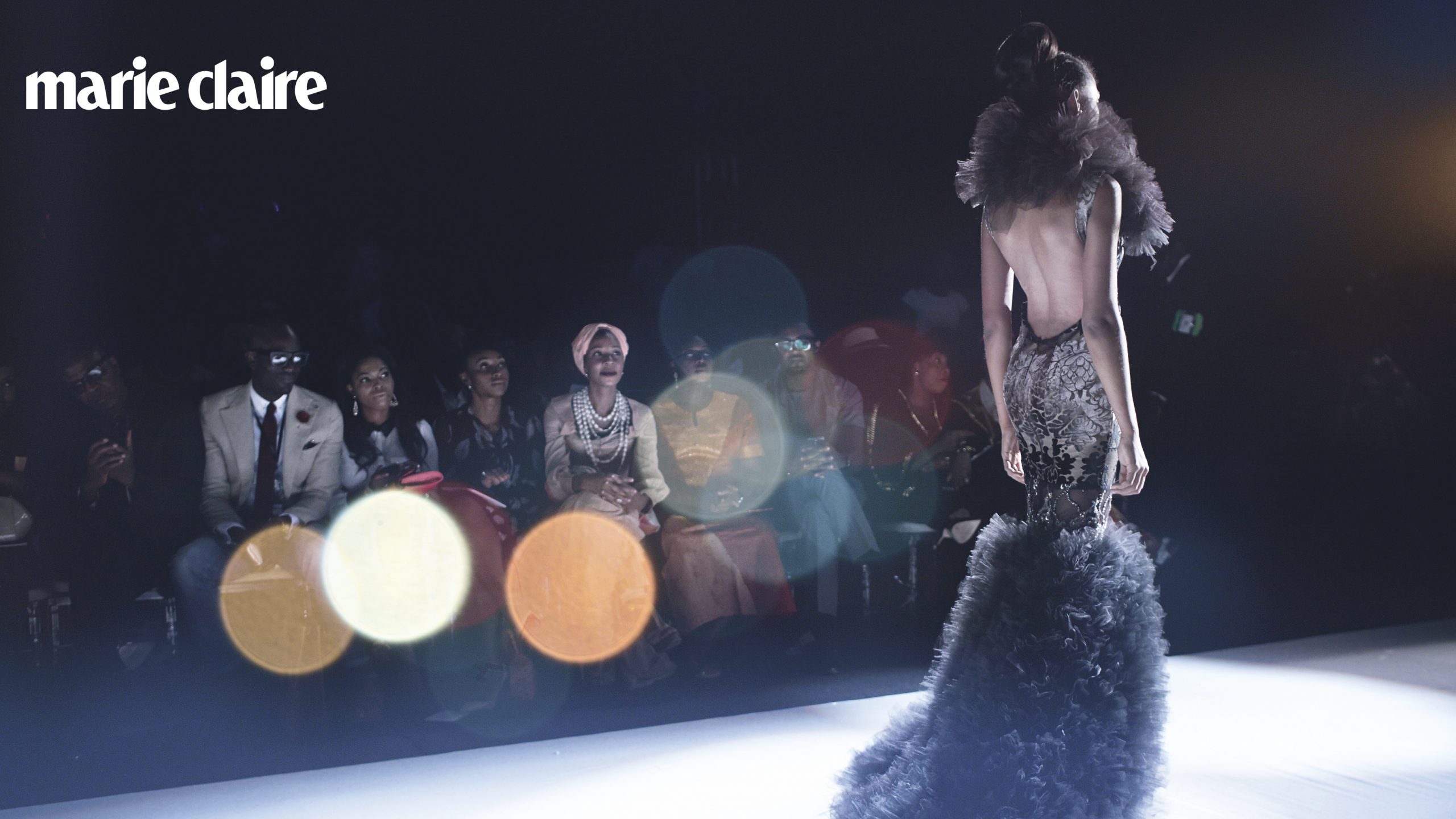 Models of colour: The reality of being Black backstage
Models of colour: The reality of being Black backstageThe modelling industry has a diversity issue, and it doesn’t just extend to the proportion of models with dark skin on runways and in photoshoots.
By Chloe Lovell
-
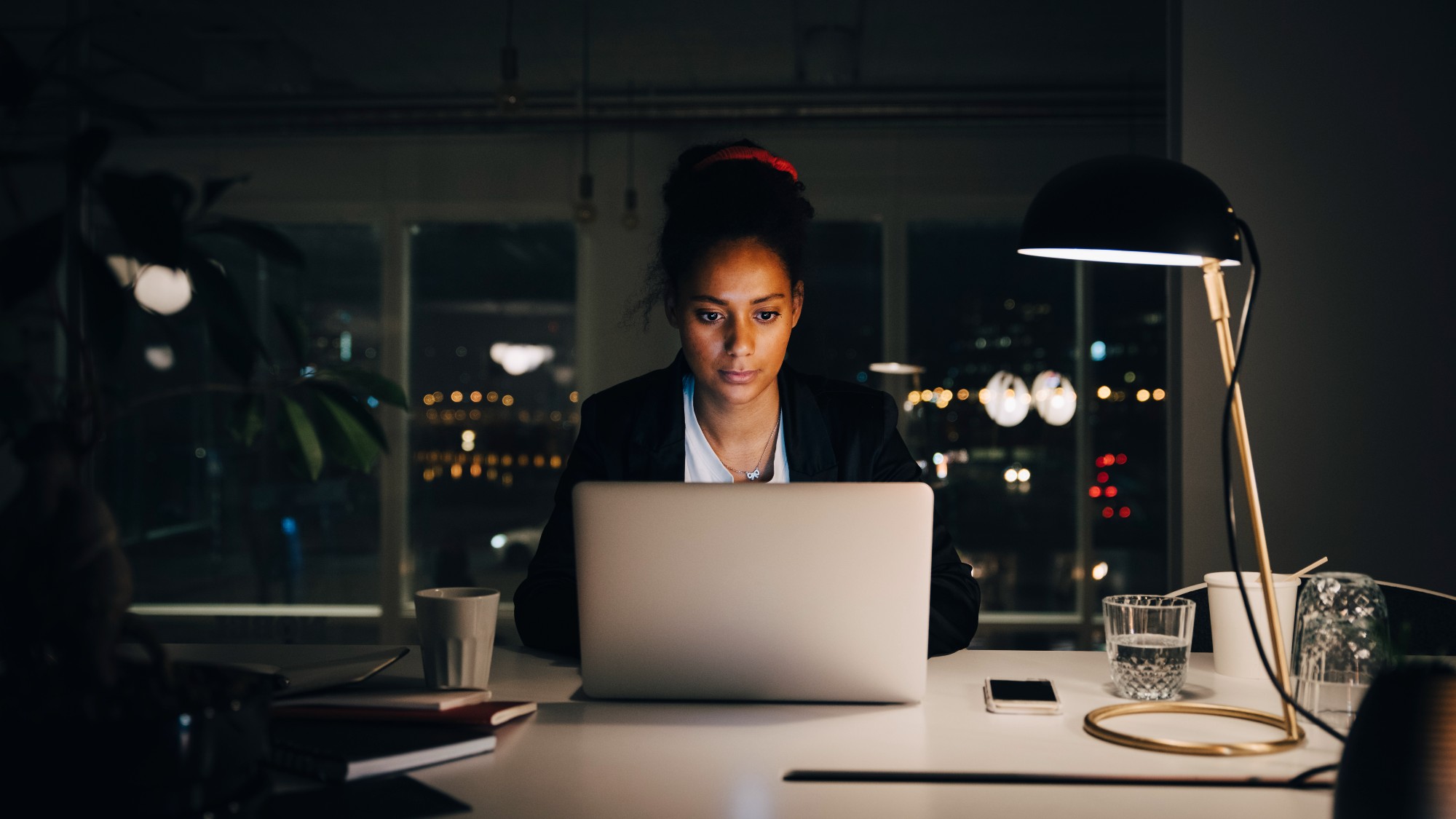 "In the wake of BLM, corporations must be held accountable for their ethnicity gap"
"In the wake of BLM, corporations must be held accountable for their ethnicity gap"One year on from the murder of George Floyd, corporations both sides of the pond face questions as to whether they have fulfilled their promises to change their organisational structure, writes Jenny McCall
By Kate McCusker
-
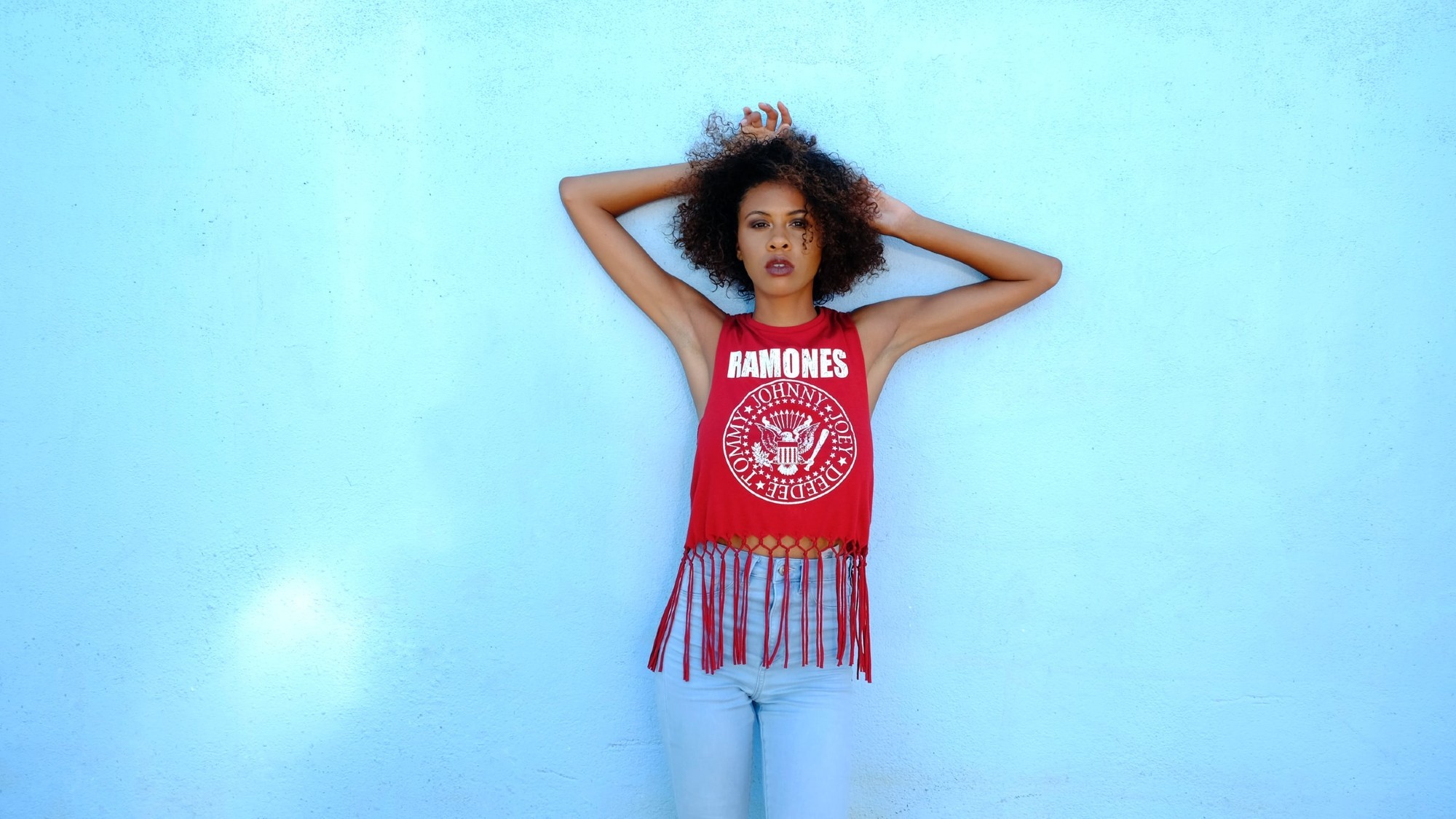 "My brown skin left me judging myself through the prism of other people's prejudices"
"My brown skin left me judging myself through the prism of other people's prejudices"Eva Verde always felt like an outsider in her white family. Now the author reveals how she reconnected with her lost roots for the sake of her young daughters
By Marie Claire
-
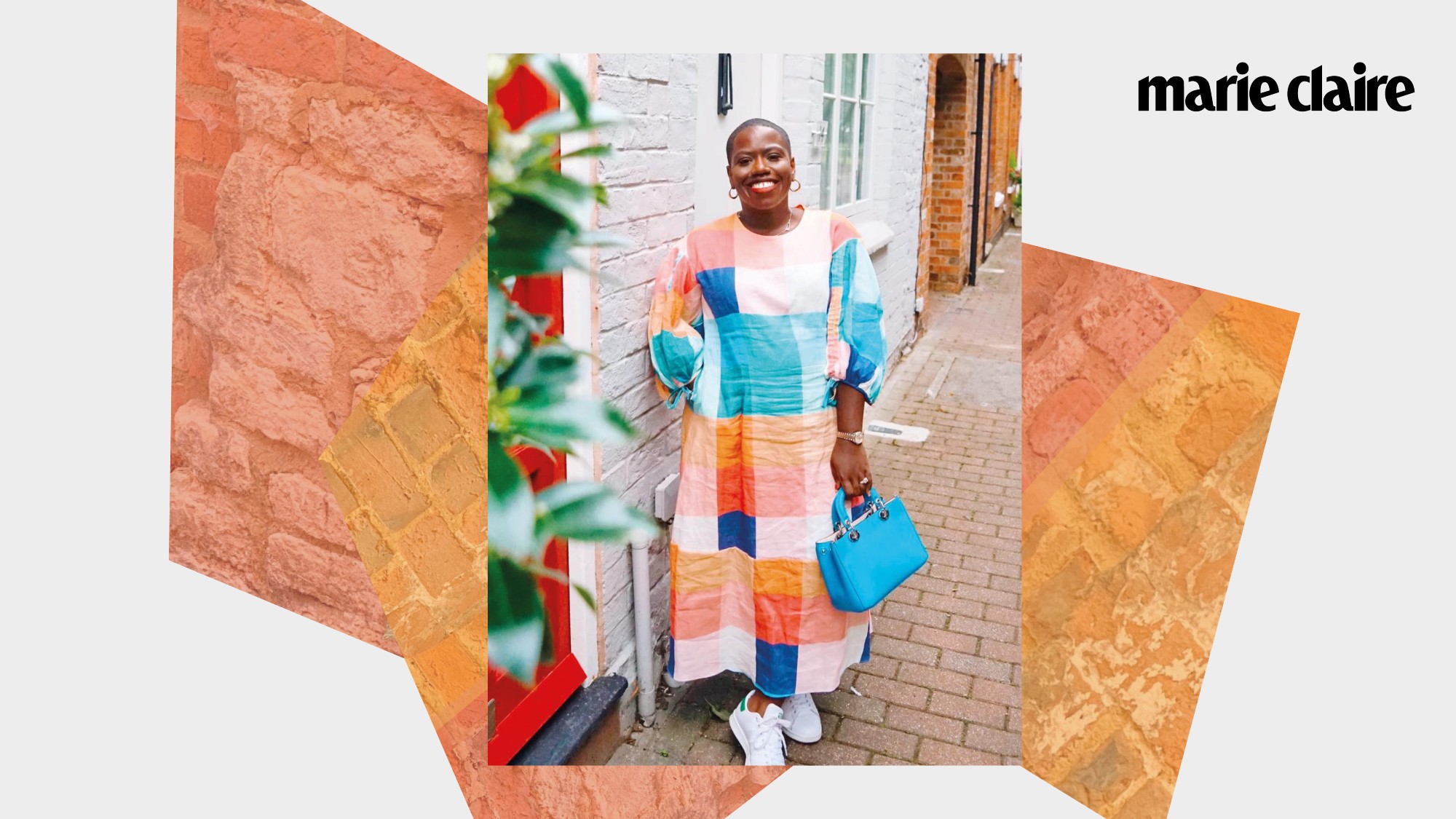 BLM 2021-Where Are We Now: "Change is infinitesimal," says Candice Brathwaite
BLM 2021-Where Are We Now: "Change is infinitesimal," says Candice BrathwaiteLooking outside her own echo chamber, Candice Brathwaite explains why she's not shocked at all that no meaningful change has happened despite a year of global protests and ferocious activism
By Maria Coole
-
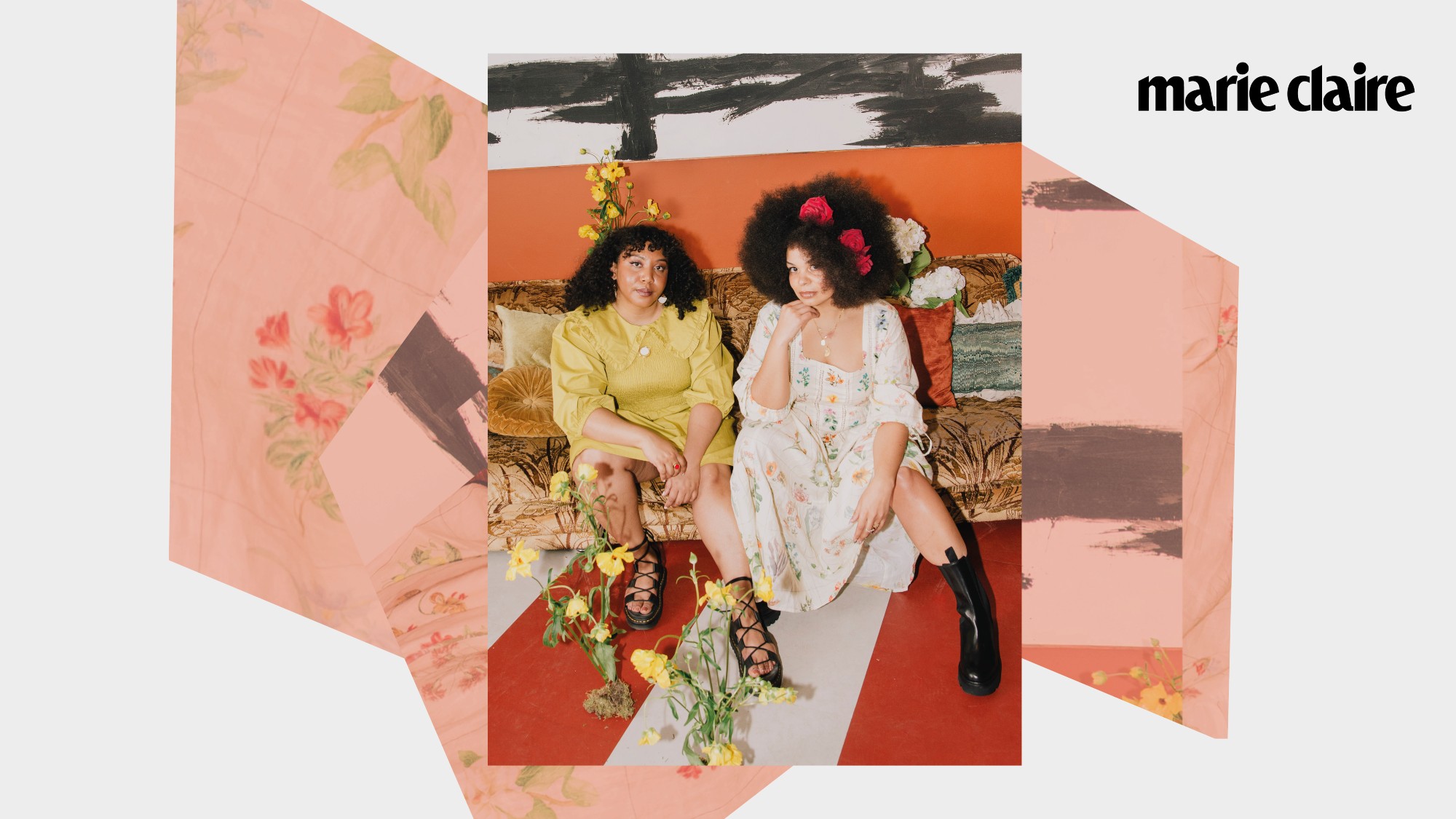 "What does being Mixed-Race mean?" writes podcasters Nicole and Emma
"What does being Mixed-Race mean?" writes podcasters Nicole and EmmaNicole Ocran and Emma Slade Edmondson explain why they were compelled to create a safe space where people discuss race and identity through the lens of Mixed-Race experiences
By Maria Coole
-
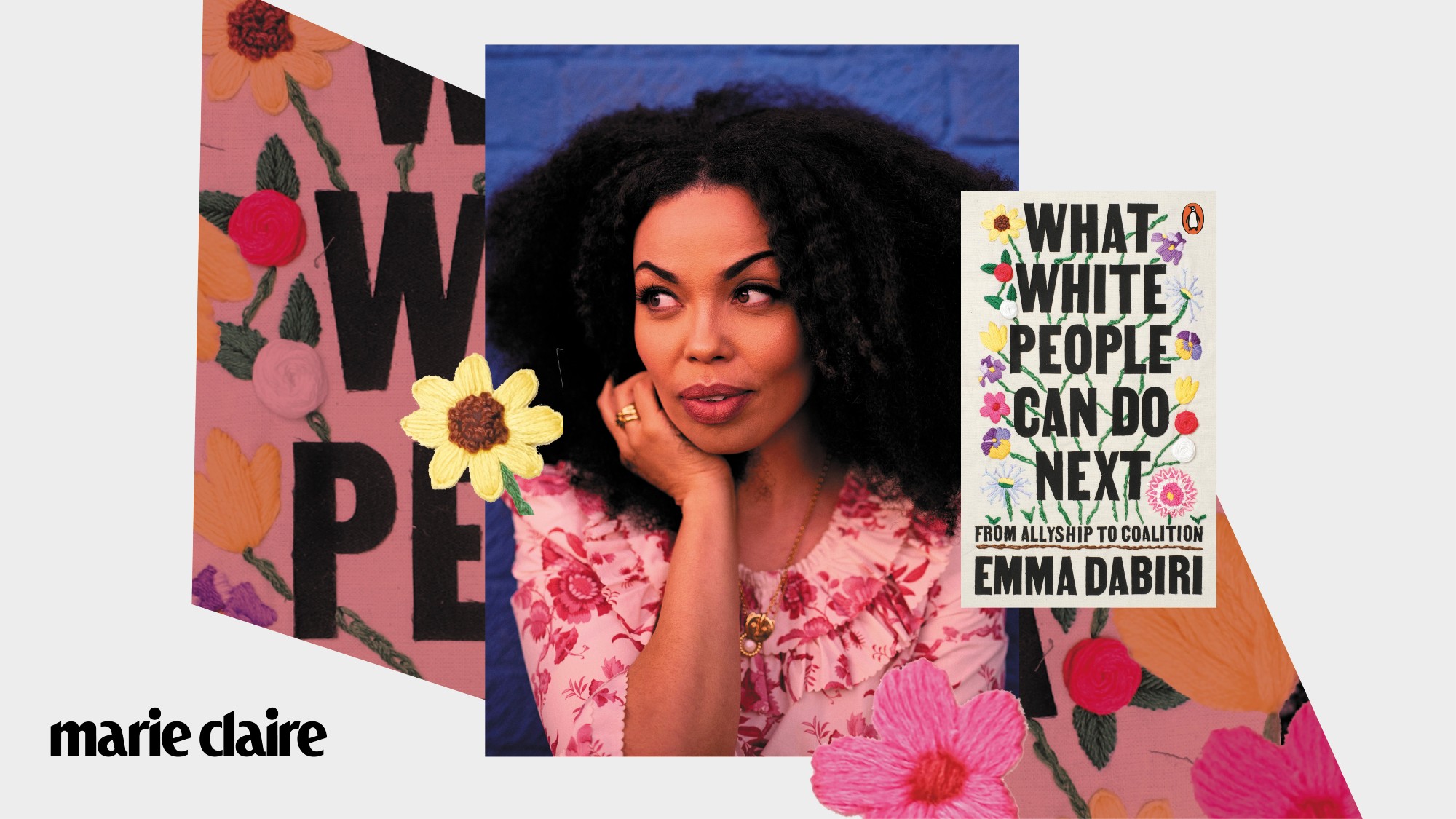 “Why allyship has messed up and how to fix it,” argues Emma Dabiri
“Why allyship has messed up and how to fix it,” argues Emma DabiriAcademic Emma Dabiri despaired every time she saw ‘allyship’ or ‘amplify your voice’ hashtags, so she wrote What White People Can Do Next - a provocative look at class, capitalism and the construction of race. It's an urgent call for coalition and dismantling racism by learning lessons from the past
By Maria Coole